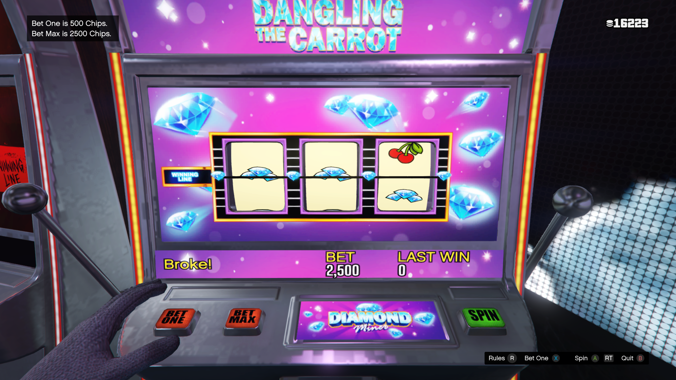In recent years, online gambling has experienced exponential growth, transforming the landscape of the gaming industry. The advent of technology, coupled with changing societal attitudes towards gambling, has created an environment ripe for innovation and expansion. This article delves into the trends shaping online apizeus777 gambling, the challenges it faces, and its potential future.
The Evolution of Online Gambling
Online gambling began in the mid-1990s, with the establishment of the first online casinos. Initially limited to a few platforms and offerings, it quickly gained traction as the internet became more accessible. Today, the online gambling industry encompasses a wide range of activities, including sports betting, poker, casino games, and newer forms like eSports betting and virtual reality gambling.
Key Trends
- Mobile Gaming: The proliferation of smartphones has revolutionized how people engage with gambling. Mobile applications and optimized websites allow players to gamble anywhere and anytime, contributing to the industry’s rapid growth. According to a report from Statista, mobile gambling is projected to account for over 50% of the global online gambling market by 2025.
- Live Dealer Games: To replicate the experience of traditional casinos, many online platforms now offer live dealer games. These games combine the convenience of online play with the thrill of real-time interaction. Players can enjoy games like blackjack and roulette with live dealers streamed from professional studios.
- Cryptocurrency Integration: The rise of cryptocurrencies has introduced new payment options in online gambling. Many platforms now accept Bitcoin, Ethereum, and other digital currencies, providing players with anonymity, faster transactions, and lower fees. This trend aligns with the growing acceptance of cryptocurrencies in mainstream finance.
- Gamification: To enhance user engagement, online casinos are increasingly incorporating gamification elements. Features such as loyalty programs, challenges, and rewards create a more interactive and enjoyable experience, attracting new players and retaining existing ones.
- Regulatory Developments: As the industry grows, so does the need for regulation. Governments worldwide are grappling with how to manage online gambling. Some regions have embraced it with open arms, implementing licensing systems to ensure player safety and responsible gambling practices, while others remain wary, leading to restrictions and outright bans.
Challenges Facing the Industry
Despite its rapid expansion, online gambling faces several challenges:
- Regulatory Issues: The lack of uniform regulations across countries creates confusion and uncertainty for operators and players alike. While some regions have established clear frameworks, others have yet to catch up, leading to potential legal issues.
- Addiction and Responsible Gambling: As accessibility increases, so does the risk of gambling addiction. Operators are under increasing pressure to promote responsible gambling practices, offering tools such as self-exclusion options and deposit limits to help mitigate these risks.
- Security Concerns: With financial transactions occurring online, security is a top concern. Cybersecurity threats can lead to data breaches, affecting player trust. Operators must invest heavily in security measures to protect sensitive information.
- Market Saturation: As the number of online gambling platforms grows, competition becomes fierce. Operators must differentiate themselves to attract players, leading to aggressive marketing strategies and potential issues with ethical practices.
The Future of Online Gambling
Looking ahead, several developments could shape the future of online gambling:
- Increased Personalization: With advancements in data analytics and artificial intelligence, online gambling platforms will likely offer more personalized experiences. Tailored promotions and game recommendations based on player behavior can enhance user satisfaction and loyalty.
- Virtual Reality and Augmented Reality: The integration of VR and AR technologies could transform online gambling by creating immersive environments that mimic the experience of being in a physical casino. Players could interact with their surroundings and other players in a more engaging way.
- Global Expansion: As attitudes toward gambling continue to shift, more countries are likely to legalize online gambling. This global expansion will create new markets and opportunities for operators, but it will also require compliance with diverse regulations.
- Sustainability Practices: With growing awareness of social and environmental issues, the gambling industry may face pressure to adopt sustainable practices. This could include responsible marketing, eco-friendly operations, and support for local communities.
